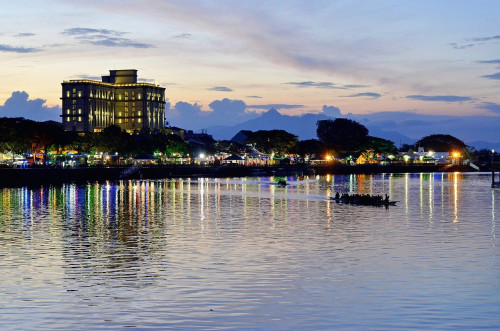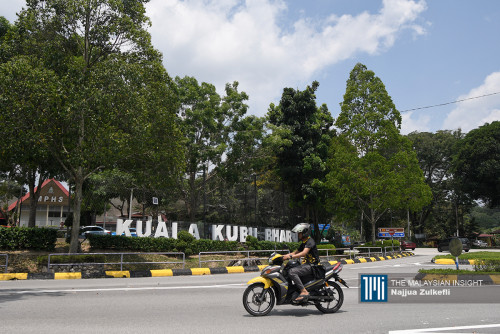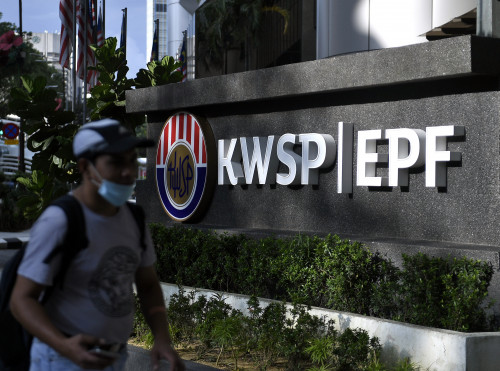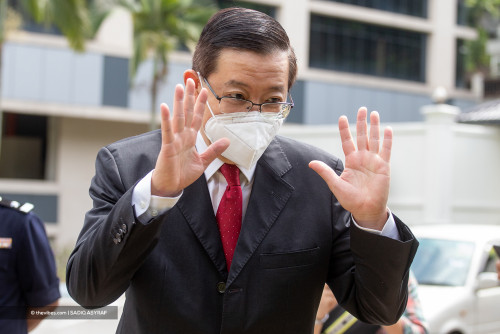GEORGE TOWN – Malaysia will continue to collaborate with China on its Belt and Road economic initiative (BRI) as it will aid in the development of infrastructure and connectivity.
Prime Minister Datuk Seri Ismail Sabri Yaakob said Malaysia and China’s economic collaborations were strengthened with the signing of the five-year programme for economic and trade cooperation in 2013 and with the BRI in 2017.
“Malaysia was one of the earliest supporters of China’s ambitious BRI policy, recognising its huge economic potential and role in promoting greater integration.”
He said this when addressing delegates of the Global Chinese Economic and Technology Summit (GCETS) in a pre-recorded speech at the Rasa Sayang Resort & Spa here yesterday.
Ismail Sabri, along with MCA president and Transport Minister Datuk Seri Wee Ka Siong and China’s Ambassador to Malaysia Quyang Yujing, attended the proceedings virtually, while the annual event was officiated in person by Penang Yang di-Pertua Negeri Tun Ahmad Fuzi Abdul Razak.
Ismail Sabri’s speech was made available to the media later.
Among the dignitaries present were GCETS founder and patron Tan Sri Lee Kim Yew and organising chairman Tan Sri Michael Yeoh.
Ismail Sabri said Covid-19 has provided an opportunity for the government to accelerate the country’s digital transformation.
“The public and private sectors were forced to embrace technology and shift operations online within weeks. Virtual meetings like this summit have become the new norm.”
Along the same vein, Malaysia launched the MyDigital initiative, which is part of the government’s plan to accelerate Malaysia’s progress in becoming a technologically advanced economy by 2030.
Through the MyDigital initiative, the government has set an ambitious target of creating 500,000 new job opportunities in the digital economy by implementing the following measures:
• Aid 875,000 micro-enterprises and SMEs to go digital via e-commerce;
• Create 5,000 start-ups within the next five years: and
• Attract US$17.32 billion (RM72.84 billion) international and domestic digital investments.
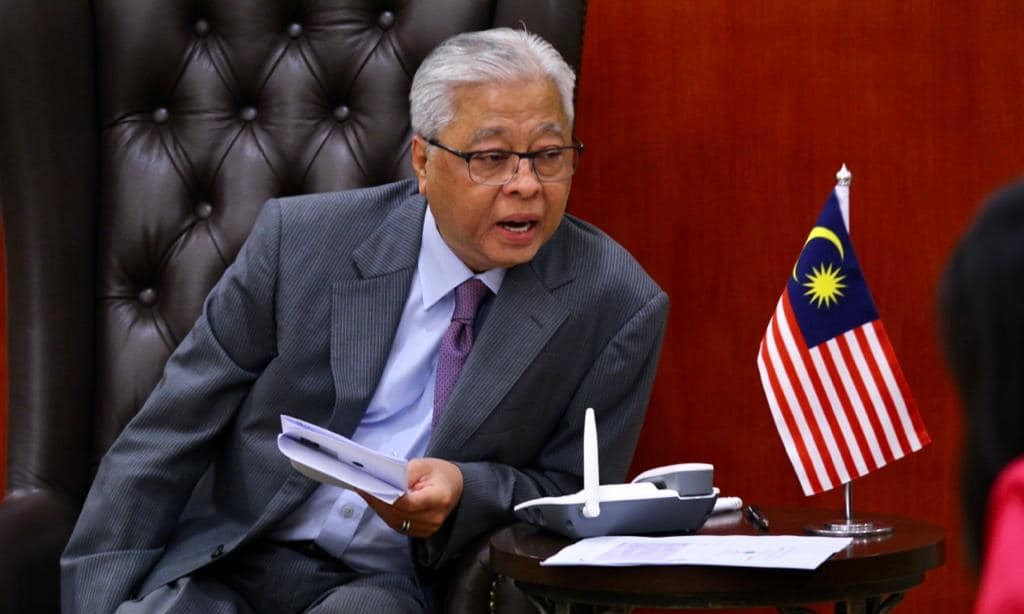
Malaysia, he said, has always been a firm believer of free, fair, and open trade, anchored upon the rules-based multilateral trading system.
The signing of the Regional Comprehensive Economic Partnership agreement in November 2020 signifies Malaysia’s commitments to regional integration, while boosting economic activity.
Being the largest Free Trade Agreement in the world, RCEP offers preferential market access to approximately 2.2 billion people, which is equivalent to a third of the world’s population.
Building upon this close and enduring friendship, Malaysia and China have continued to strengthen economic ties, even during the current (global pandemic) crisis.
China has been Malaysia’s largest trading partner since 2009 and accounted for 18.6% of Malaysia’s total trade in 2020.
Exports to China recorded a new high in 2020, expanding by 11.1% to US$37.77 billion.
China was also Malaysia’s biggest import source, accounting for 21.5 percent of total imports.
On the investment front, China emerged as the largest foreign investor in the manufacturing sector in Malaysia from 2016 to 2020.
During these five years, the International Trade and Industry Ministry, through its agency, Malaysian Investment Development Authority, has approved 243 projects with a total investment of US$14.91 billion.
This provided more than 50,000 job opportunities in Malaysia.
Renowned Chinese companies such as Huawei, Longi Solar, Jinko Solar, Alliance Steel, Alibaba Group, Geely Auto Group, Xiamen University, and many others have made Malaysia their preferred investment destination.
The presence of these world-renowned companies is a testament of Malaysia’s business-friendly ecosystem, he added.
Malaysia offers unparalleled advantages for investors not just as a gateway to Asean, but to global markets based on the country’s global rankings.
Several instances include the IMD World Competitiveness Centre, which ranked Malaysia as the 25th most competitive nation among 64 economies in 2021; and The World Economic Forum, on the Network Readiness Index 2016, ranked Malaysia as the sixth most digitally-savvy government out of 139 economies. – The Vibes, December 17, 2021



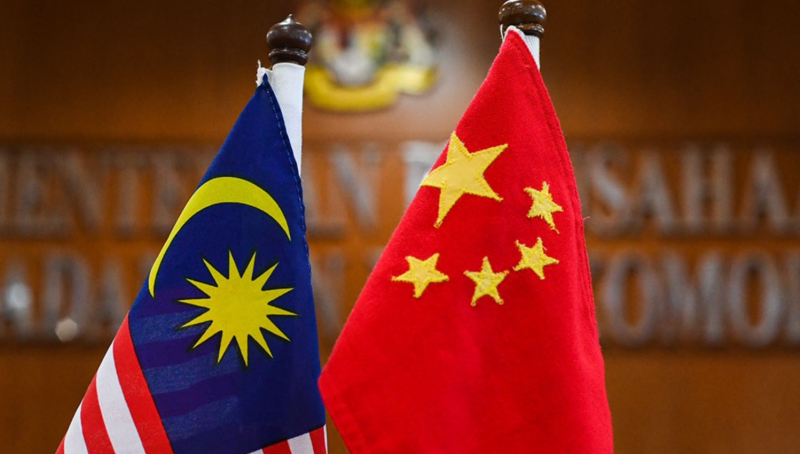




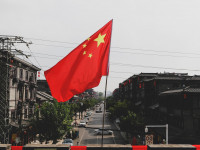

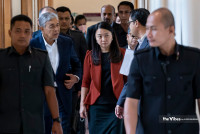





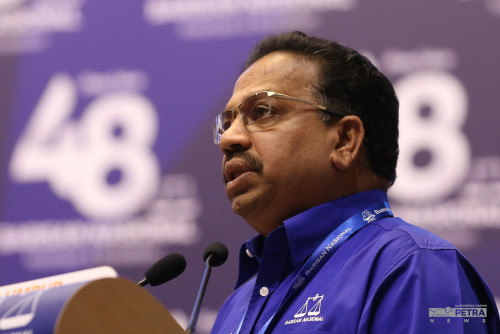
.jpg)
